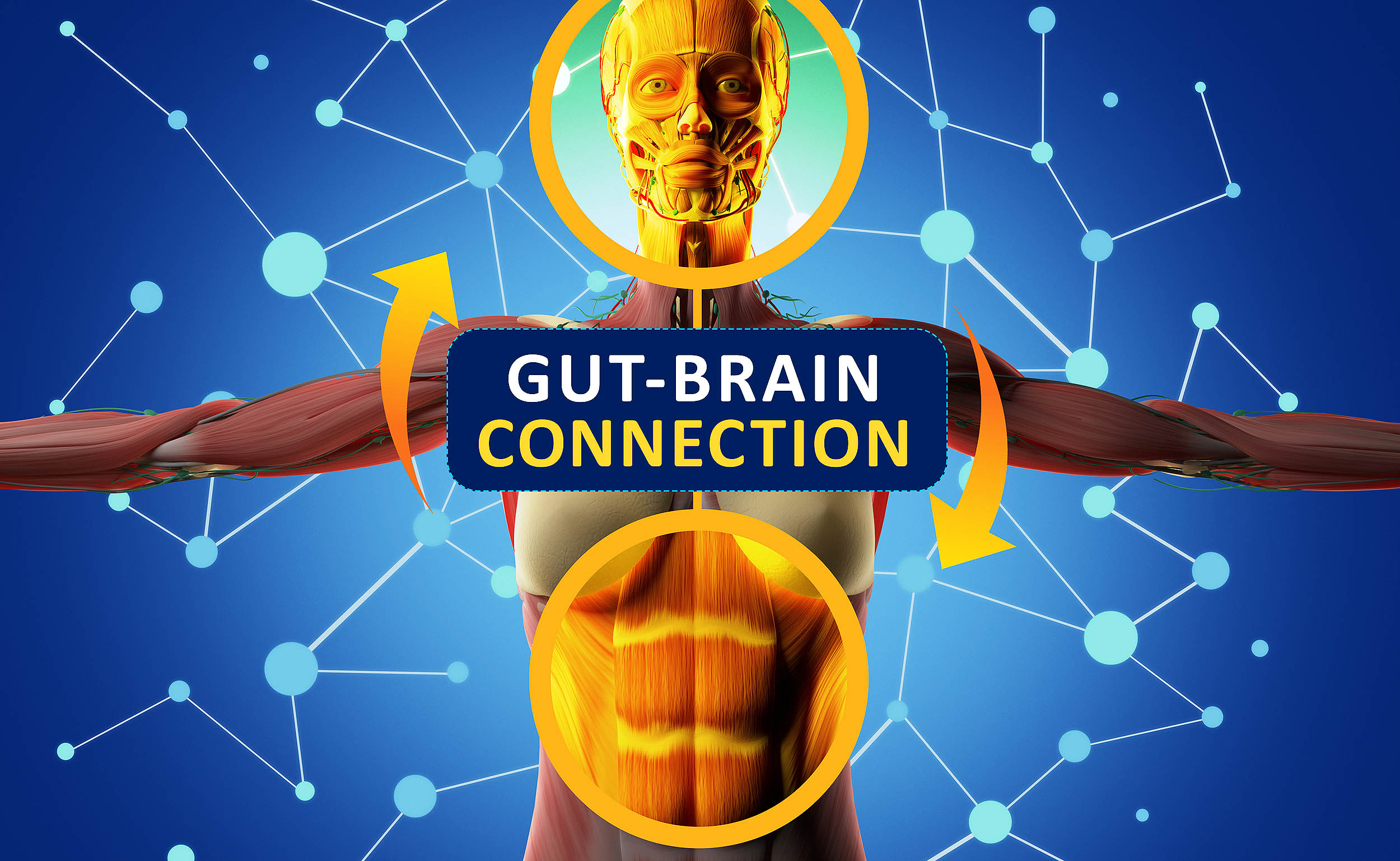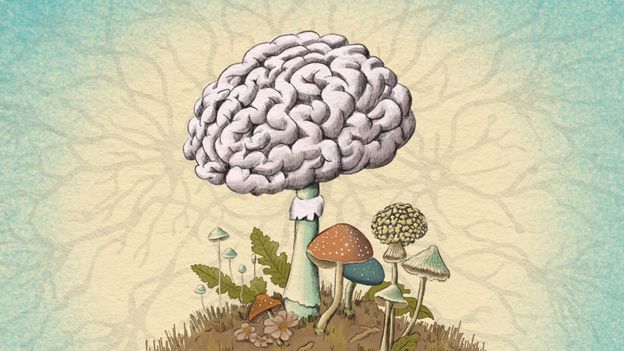T4K3.news
New research links gut bacteria to hunger regulation
Duke University scientists find gut microbes may inform our appetite signals.

Studies at Duke University suggest gut bacteria might regulate our appetite.
New Research Reveals Gut Microbes May Influence Hunger Control
A team of researchers at Duke University has discovered that our gut's microbial community may influence hunger signals. Published in the journal Nature, the study reveals that nerve cells in the gut react to signals from bacteria, specifically a protein called flagellin, which aids in signaling the brain to reduce appetite. When tested on mice, those that received flagellin directly through the colon showed decreased eating compared to others, indicating that the microbiome communicates with the brain about hunger regulation. This study enhances our understanding of how complex our relationship with gut bacteria is and suggests the possibility of a 'neurobiotic sense' that could be harnessed for health benefits.
Key Takeaways
"We discovered that our colon has a sense for microbes, the neurobiotic sense."
This highlights a revolutionary understanding of the gut's function.
"If you lived in a world where everything you saw was blue... it would have a profound effect on your experience."
Kaelberer's analogy emphasizes the potential impact of tuning into our gut's signals.
The research from Duke University highlights an exciting frontier in gut health and neuroscience. The concept of a 'neurobiotic sense' presents an innovative perspective on how our body perceives and manages hunger. This could pave the way for new approaches in treating obesity and related disorders. However, implications extend beyond mere appetite control. If gut bacteria influence our health in such direct ways, it begs the question of how our diets might need to adapt to improve not just digestion, but our overall well-being. As researchers continue to explore this connection, the potential for nutritional interventions that enhance gut health becomes increasingly significant.
Highlights
- Gut bacteria may hold the key to appetite control.
- Discovering a new way our gut influences brain signals is exciting.
- Understanding our gut's role in hunger can change dietary approaches.
- The idea of a 'neurobiotic sense' opens doors for health innovation.
Potential Health Implications of Gut Microbiome Research
As research shows gut bacteria influence hunger signals, there are risks involved in interpreting this data for public health.
Further studies could unlock critical insights into our gut health and appetite control.
Enjoyed this? Let your friends know!
Related News

New research uncovers gut's role in appetite control

New discovery in appetite regulation revealed

New study reveals gut bacteria affect appetite

Beetroot juice linked to lower blood pressure

Beetroot juice shows promise for lowering blood pressure

Fungi in our bodies may influence brain health

New Study Links Psychiatric Medications to Gut Changes

Study Links Gut Health to Chronic Fatigue and Long COVID
